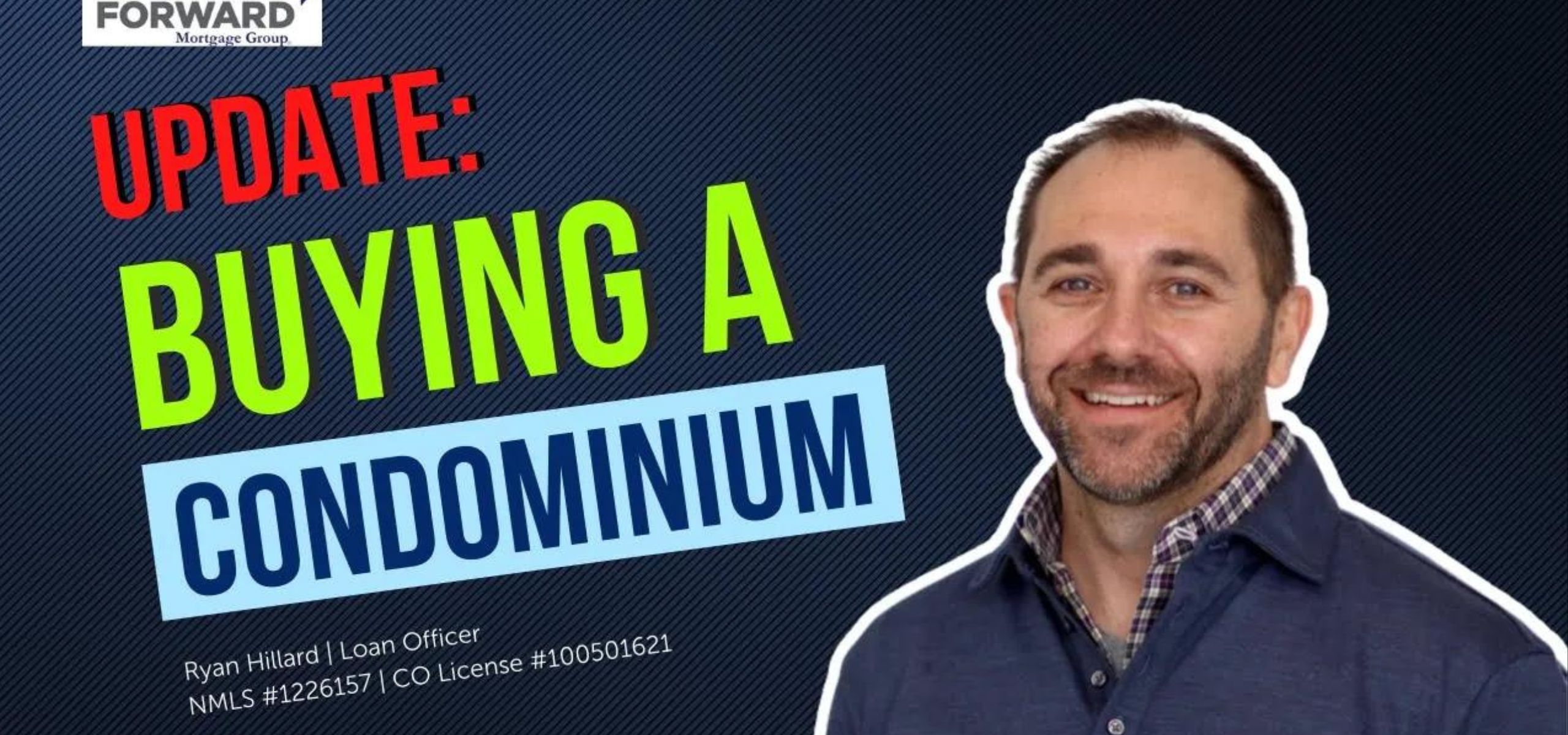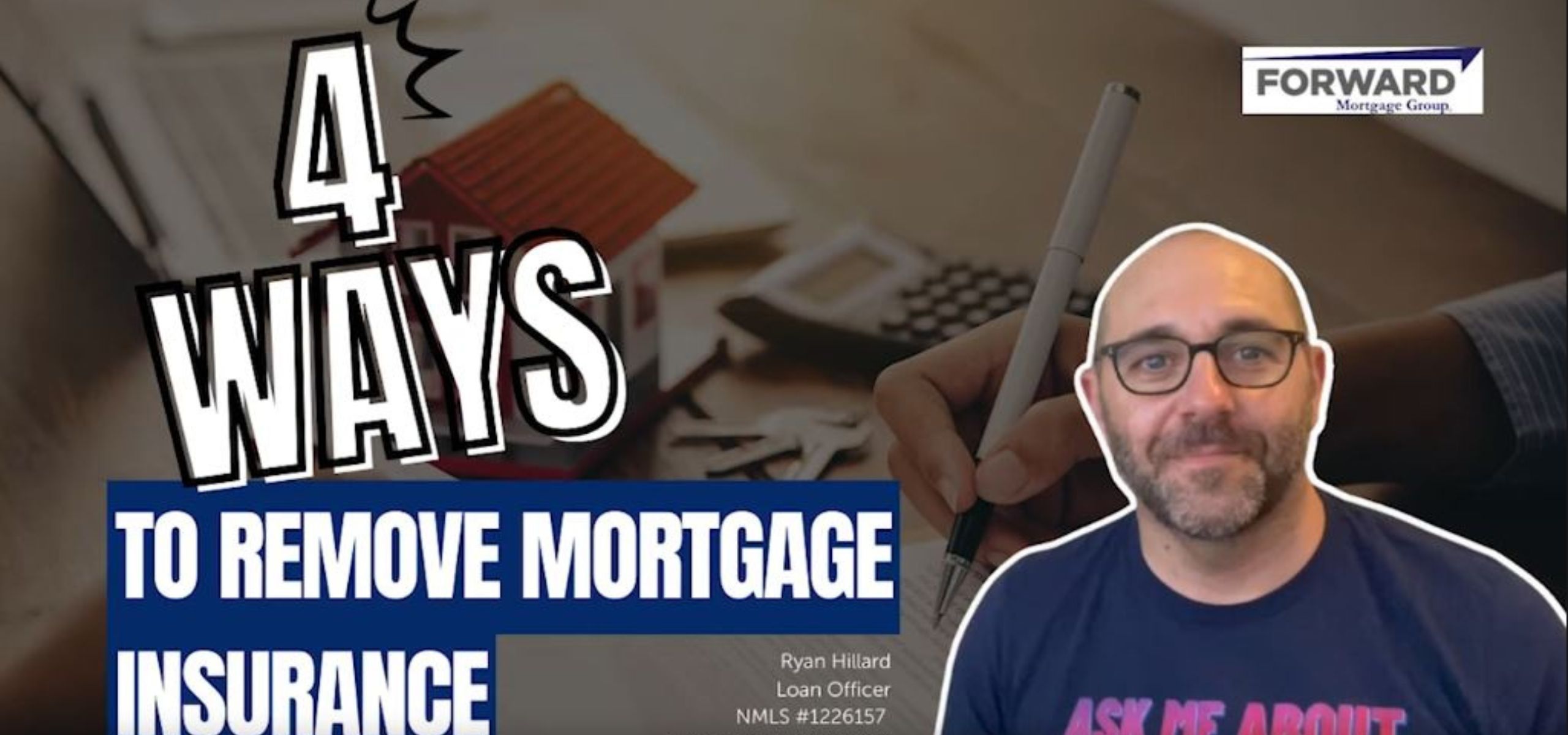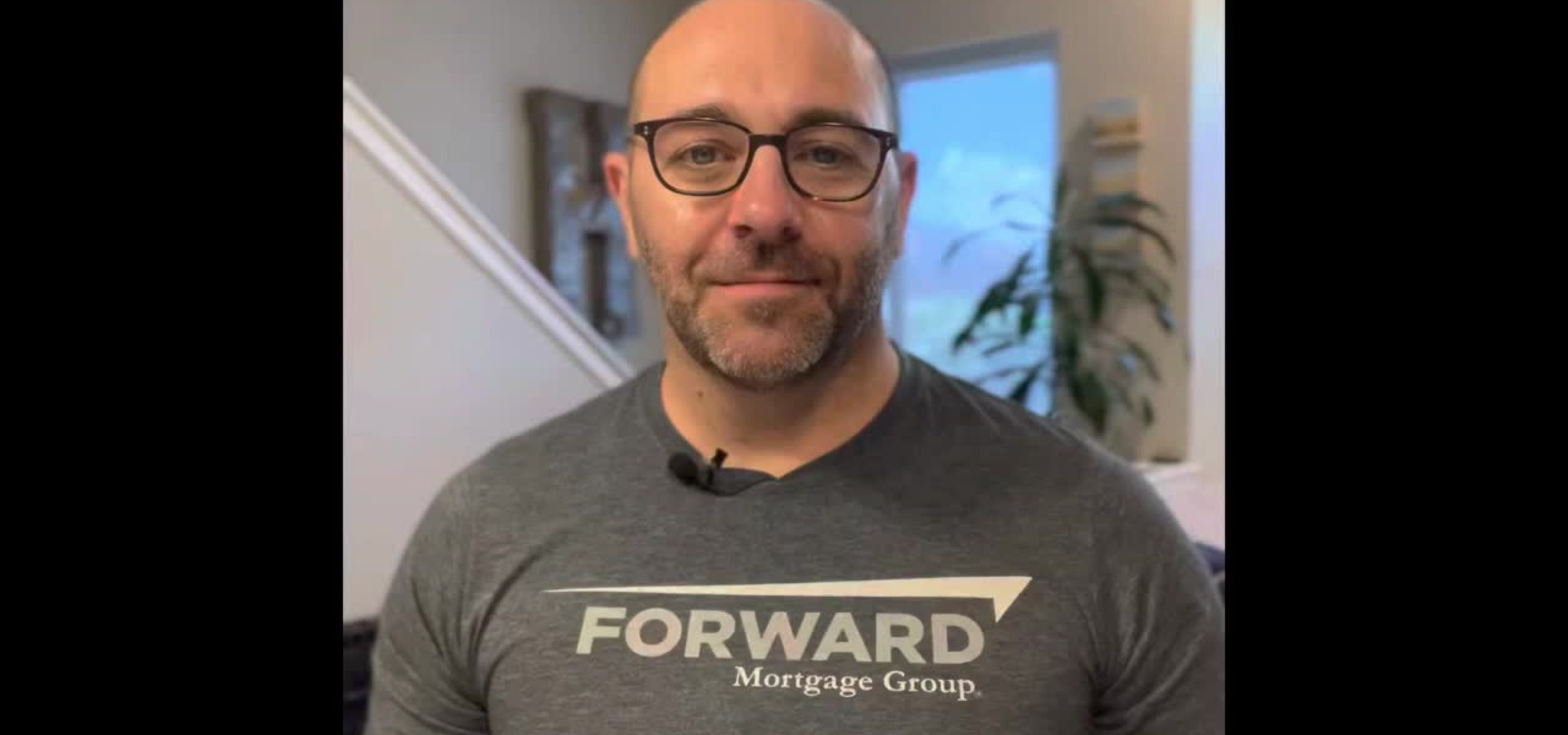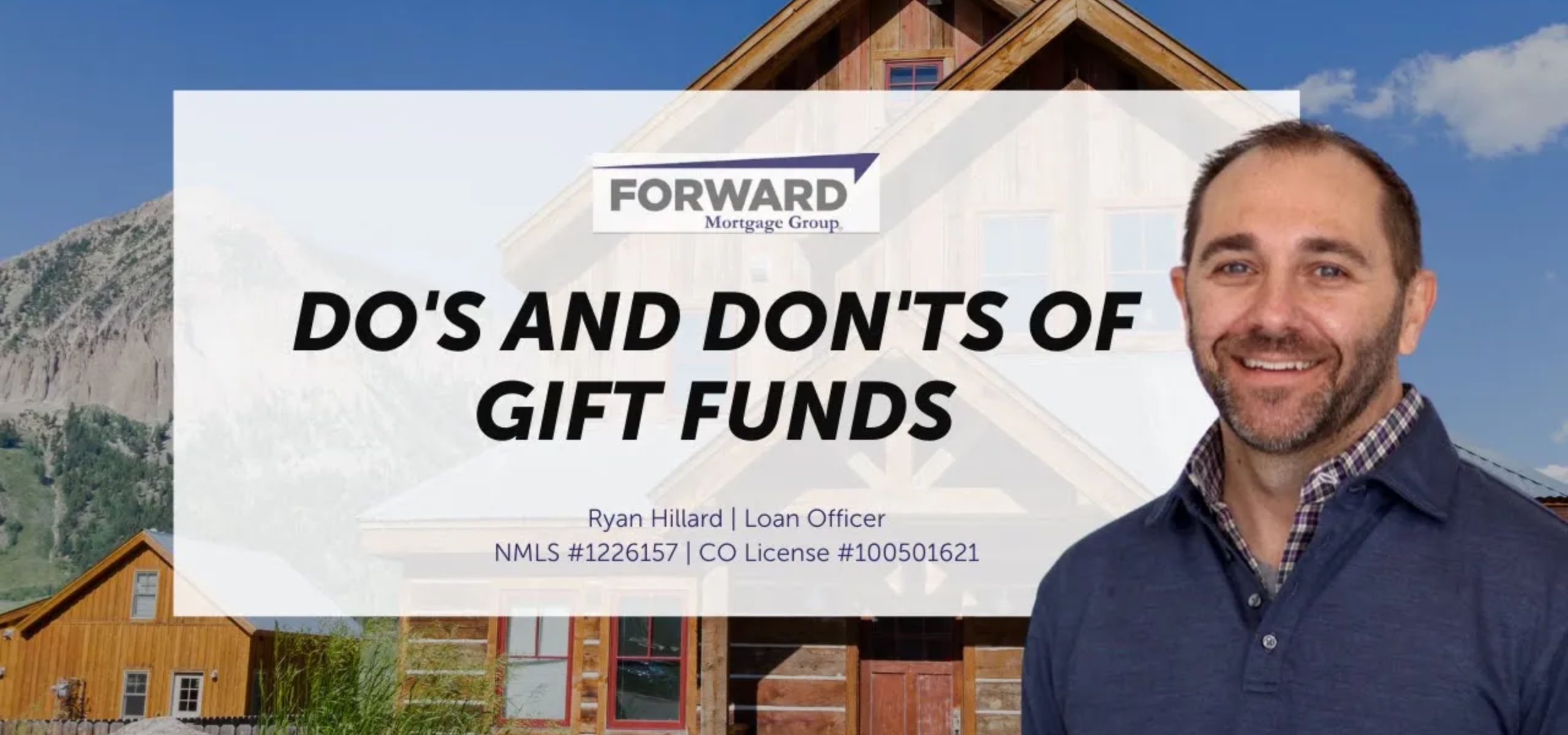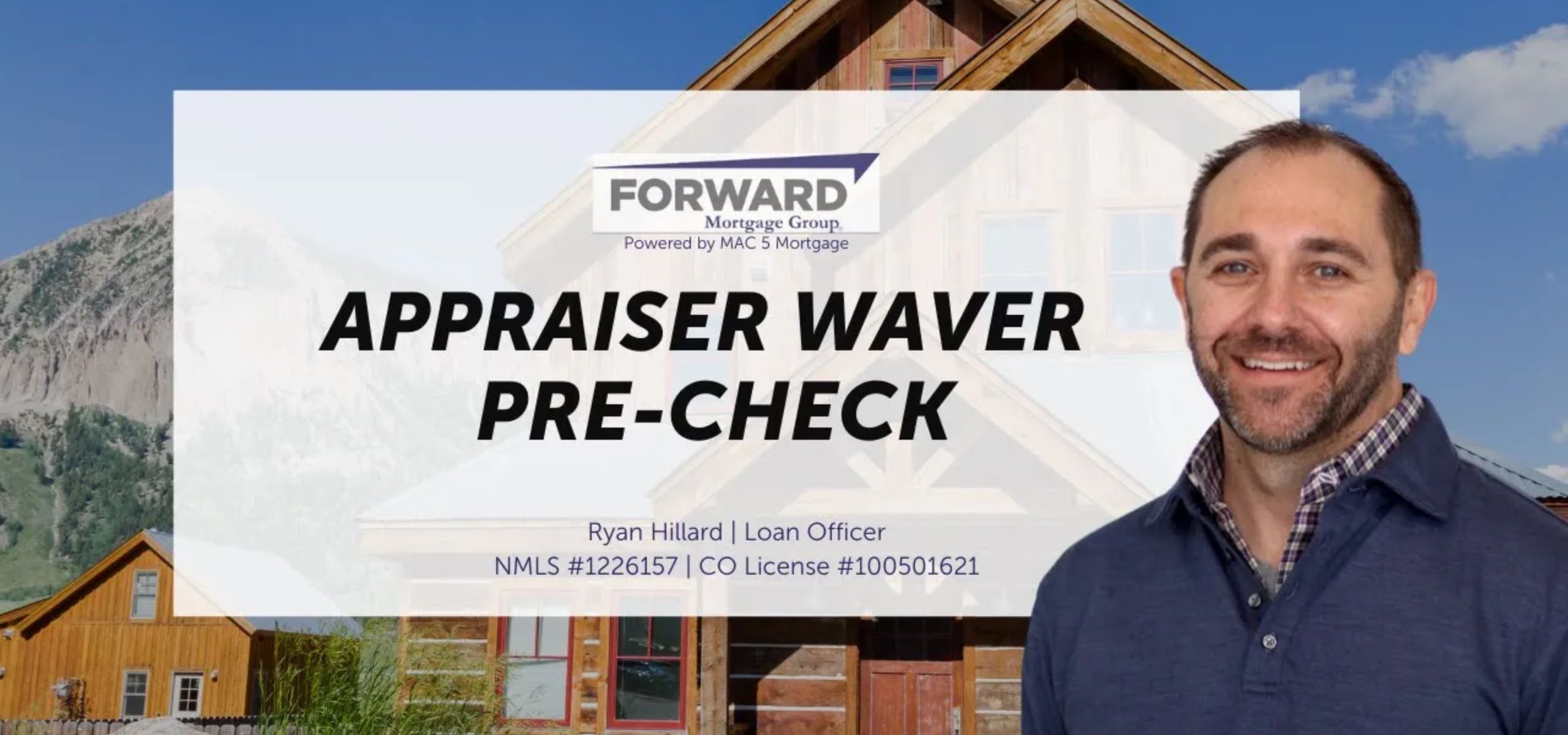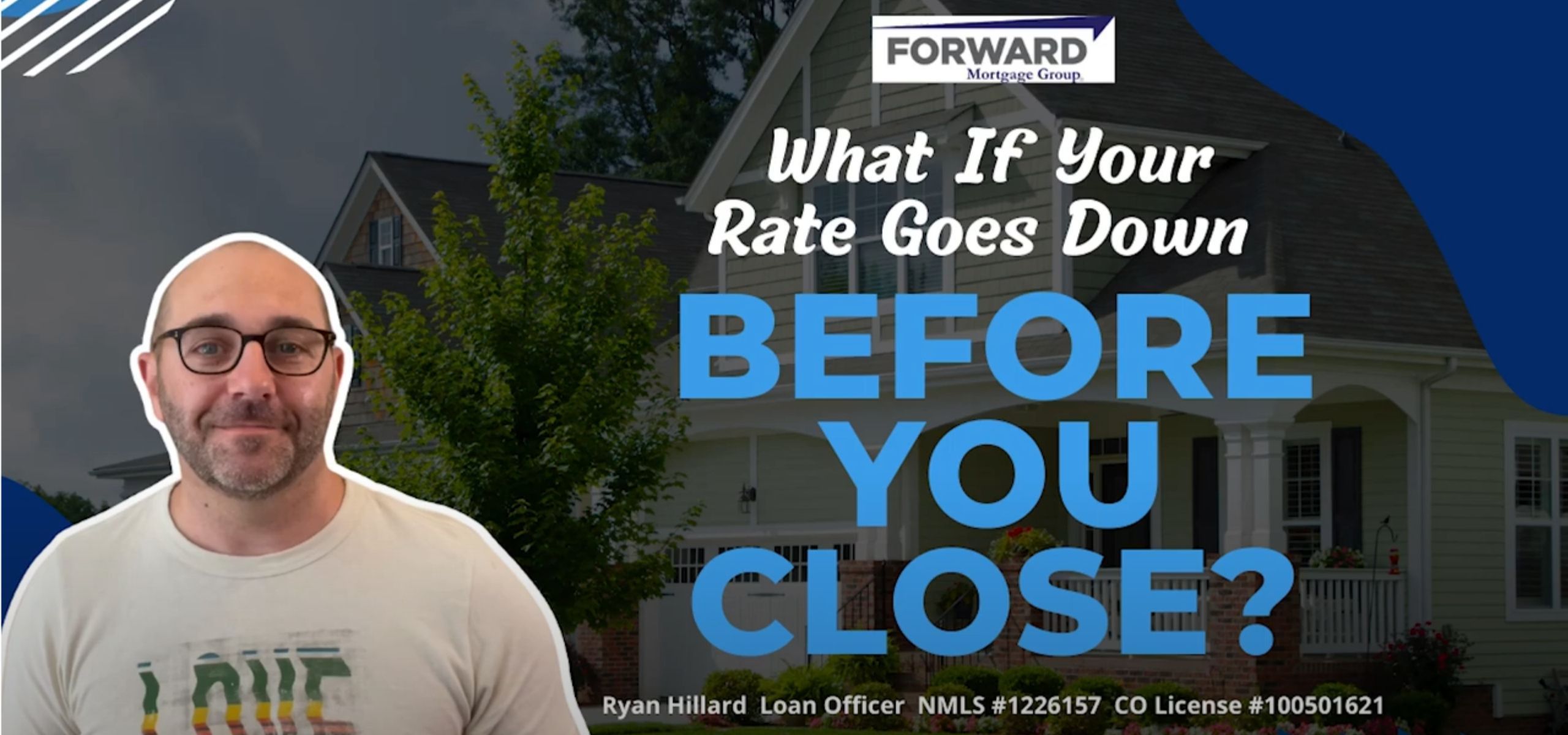Benefits of Home Ownership
Although the experience of owning your first home can be fulfilling and exciting, the actual financing and buying process can be quite overwhelming. From choosing the right neighborhood for your lifestyle to reviewing your financing options, there are a lot of important decisions that you need to make to buy a home. By understanding the home buying process and the financing options available, it should bring you some peace of mind, while helping you make informed financial decisions.
Tax Benefits
There are many advantages to home ownership, such as tax benefits, building wealth and securing financial stability. As a homeowner, you can deduct your monthly mortgage interest and your property taxes on your income tax. Certain costs incurred during the purchase of a home are also tax deductible. Be sure to save all of your closing documents, as you will need them throughout the process and in the future. It is best to contact a tax professional to receive more detailed information on what deductions you may be eligible to receive.
Although the experience of owning your first home can be fulfilling and exciting, the actual financing and buying process can be quite overwhelming. From choosing the right neighborhood for your lifestyle to reviewing your financing options, there are a lot of important decisions that you need to make to buy a home. By understanding the home buying process and the financing options available, it should bring you some peace of mind, while helping you make informed financial decisions.
Building Wealth through Home Ownership
Owning a home can help you build wealth in two ways – growth in equity and appreciation. Growth in equity happens as you pay down your mortgage. A certain percentage of each mortgage payment goes towards a reduction in the total amount owed. Typically, payments in the first few years of the mortgage are primarily applied to interest on the loans. As time passes, however, more and more of each payment is applied to the outstanding loan amount and your equity in your home increases. Appreciation is when the value of a property builds over time. Historically, real estate market values tend to grow over time. Also, when you update existing features or remodel a home, the value of your home may increase.
Financial Stability through Home Ownership
As a homeowner, you gain more financial stability over the years of owning a home. Fixed-interest home loan payments remain stable year-after-year, as opposed to rent payments, which may increase year after year. Since salaries generally rise over time, the fact that mortgage payments remain steady over time can help you manage, plan and grow your wealth.
The Home Buying Process
Once you have made the decision to buy a home, you may ask yourself “What should I do first??”
The home buying process begins by finding out how much you qualify for. This means that you will need to first meet with a lender and review your financial documentation to find out how much you qualify for. Once you find out how much you qualify for, you can begin looking for a house. Once you find a house you like, you will make an offer and then you will be able to close on your house.
The home buying process is simple and typically happens in this order:
Step One
Collect Financial Records
Your lender will ask you for your financial records to determine your financial stability, creditworthiness and ability to repay the loan. These items will cover your job history, credit score, income and assets.
PITI
When evaluating your future housing expenses, it’s important to take into consideration the entire housing expense, not just the mortgage payment. Mortgage lenders use PITI calculation (Principal, Interest, Taxes, Insurance) to determine the total monthly housing expense. HOA (Homeowner Association) fees will also be added to the calculation when applicable. The PITI calculation will be used as one of the components of the Debt-to-Income ratio.
Total Debt-to-Income Ratio
When evaluating your ability to repay the loan, your lender will calculate your debt-to-income ratio or DTI. The DTI is your total minimum monthly debt (proposed PITI, credit cards, student loans, car payments, etc.) divided by your gross monthly income. The lower your debt-to-income ratio, the higher the likelihood of getting the home loan terms you want.
Credit Score
A credit score is generated by a credit reporting agency and is calculated from several pieces of data in your credit report. Both positive and negative information is considered in the calculation, including payment history, amounts owed, length of credit history and types of credit used. The higher the score, the better your loan rates are likely to be.
Step Two
Evaluate Your Home Loan Options
When you are shopping for a mortgage loan it is especially important to work with a licensed mortgage professional who you feel comfortable with and who you feel you can trust.
Your mortgage professional can help you:
- Identify any credit issues that may hinder a loan approval.
- Guide you through the loan application and closing process.
- Help you determine a purchase price and monthly payment that fits in your budget.
- Help you compare different loan programs so you choose the best one for your financial needs.
- Manage and address any issues that may come up along the way.
When choosing a mortgage, there are many factors to consider which would affect your monthly payments, closing costs, amount of cash needed at closing and total amount paid for your loan.
These factors include:
- Whether the loan is Fixed or Adjustable Interest Rate
- Number of years (or term) that you will be making payments
- Down payment amount
- Mortgage insurance options
- Fees
Do not be afraid to ask questions so that you fully understand the impact of these factors on your home loan. The more knowledgeable you are, the more comfortable you feel and if your lender cannot answer your questions you may not be working with the right lender.
Do not be afraid to ask questions so that you fully understand the impact of these factors on your home loan. The more knowledgeable you are, the more comfortable you feel and if your lender cannot answer your questions you may not be working with the right lender.
Here are a few questions that you may want to ask:
- “What’s the difference in monthly payments between a 15-year term and a 30-year term?”
While a 15-year term will result in a higher monthly payment, you may qualify for a lower interest rate. Plus, you would be finished paying for your home in half the time, saving a significant amount on interest payments.
- “What interest rate would I qualify for if I chose an Adjustable Rate mortgage?”
Usually, adjustable rate mortgages have a lower starting interest rate, resulting in a lower initial monthly payment. Adjustable rates tend to increase over time. However, if you plan on staying in the home for only a few years, this may be a viable option. And if you are bringing in less than 20 percent for a down payment, you will want to know about mortgage insurance.
- “How would mortgage insurance affect my monthly payment and how long would I have to pay it?”
Mortgage insurance reduces the down payment requirements for the borrower, but it will increase your monthly payments. Depending on the type of loan and the specific insurer, you may be able to eliminate the mortgage insurance payments once your balance drops below a certain level. There are many other questions you may have. Be sure to write them down, so that you do not forget to get information on all the details.
Step Three
Finding Your New Home
Once you have been approved for a loan, the next step is to find your dream home! The house hunting stage can be fun and exciting, but it is important to keep your priorities in mind when evaluating potential homes.
For example, perhaps you have found a beautiful, large home, but the school district is rated poorly. Is a smaller house in a better school district a better fit? This depends on your family’s unique needs.
You may have to look at dozens of homes before you find one that suits your lifestyle, budget and includes all the features that you and your family desire. However, you should be prepared to readjust your priorities during your home search in order to find a home that is in budget and fits all your needs.
As you search for homes and find one that you are set on, you will want to make an offer. But when you get ready to make an offer, you will want to be sure to work with a reputable real estate agent, who can help you through the entire process.
A real estate agent can also be a great asset in helping you find your dream home. Real estate agents generally have access to home sale listings that you may not be able to access on your own.
A good real estate agent can help you by:
- Reviewing your wish list and researching potential homes.
- Making arrangements to show the homes that fit your requirements.
- Researching neighborhoods, schools and tax rates.
- Negotiating a purchase price and making the offer.
- Assisting in the purchase and closing process.
Wherever you are in the home buying process, the first step is to find out how much you qualify for and that begins by meeting with a lender. If you’re ready to take the first step in the home buying process, contact Forward Mortgage Group today for a free consultation with one of our experienced lenders.
